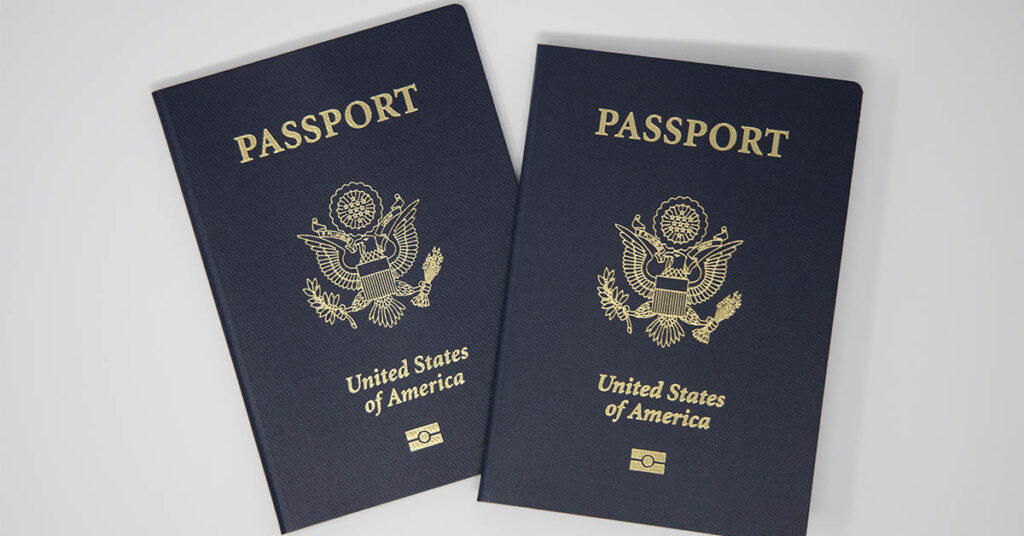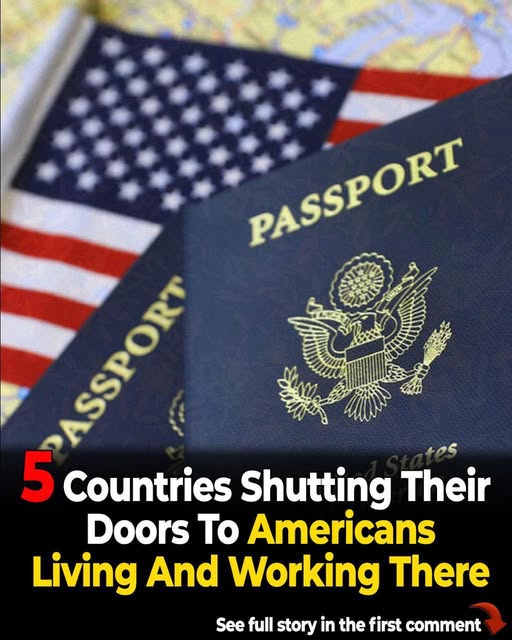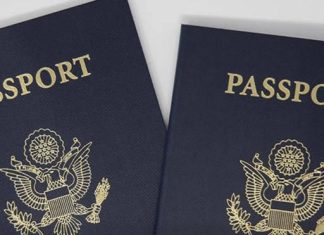In recent years, living abroad has become increasingly popular among Americans. Whether driven by the appeal of digital nomad visas, more affordable living costs, or simply a lifestyle change, many U.S. citizens are considering or already making the move. But the rules are shifting: certain countries are tightening their regulations, making it more difficult for Americans to live and work there indefinitely.
Why Americans Are Choosing to Move Overseas
Many Americans are attracted to international life for a variety of reasons. Lower housing costs, better access to quality health care, and greater work-life balance are common motivators. Some are retirees looking to stretch their savings, while others are young professionals embracing remote work opportunities. Exploring new cultures, raising children abroad, or simply finding a slower pace of life also play a big role in the decision to leave. However, the growing number of Americans abroad is putting pressure on local systems—housing demand, infrastructure, and social services in popular expat destinations are being reevaluated. Governments that once welcomed international residents are now rethinking how easily foreign nationals (including U.S. citizens) can settle long term.

Japan: Stricter Entry with JESTA
Japan is one country where changes are underway. By around 2028, the Japanese government plans to introduce a new travel authorization system called JESTA, which will require pre-registration for visitors from visa-exempt countries, including the U.S. Travelers will need to provide personal data before arrival, and stricter enforcement against overstay is expected. For Americans planning to live or work in Japan, this adds an additional step to their long-term planning.
Canada: Slower Immigration Pace
Canada has historically been a top choice for Americans because of its proximity, high standard of living, and familiar culture. But in response to increasing immigration, the government is slowing the flow of new arrivals. This doesn’t mean a ban—but expect longer waits, more rigorous application checks, and tighter access to temporary work or student visas. These shifts reflect Canada’s effort to protect its housing market and social services in growing cities.
The UAE: Harsh Rules and Tight Compliance
The United Arab Emirates continues to draw many Americans seeking business opportunities or tax advantages. But the rules are strictly enforced: there’s little tolerance for behavior that violates local laws, and mistakes can carry serious consequences. Americans considering a long-term move to the UAE must be especially careful with compliance, legal paperwork, and respecting local customs.
Russia, China, and Other Challenging Destinations
Beyond Japan, Canada, and the UAE, other nations are also becoming more difficult to navigate for long-term American residents. In some countries, visa policies have become more restrictive, diplomatic tensions affect immigration decisions, and bureaucratic hurdles are more common. These changes reflect broader trends: governments reacting to pressures on infrastructure, national security, and local populations. For Americans abroad or planning to move, the landscape is becoming more complex.

What This Means for Aspiring Expats
If you’re thinking about relocating, it’s more important than ever to stay well-informed. Research visa regulations carefully, monitor policy updates, and consider temporary trial stays before committing permanently. Legal advice may be helpful, as well as joining expat communities that can offer insights based on firsthand experience. While moving abroad remains appealing—offering a chance to save money, enjoy new cultures, and escape certain U.S.-based stresses—the rising barriers mean you’ll need to plan more deliberately. Countries that were once very open to Americans are tightening up, and understanding those dynamics can be the difference between a smooth move and a difficult one.
Conclusion: Navigating a New Era
Living abroad as an American is no longer a simple adventure—it’s now a more complicated decision backed by long-term strategy. As a growing number of countries reevaluate their policies toward U.S. citizens, future expats must adapt. Those who prepare, stay informed, and adjust to shifting realities will have the best chance to succeed. For many, the dream of living overseas remains alive—but the path has become less predictable.

















